Your Primary Care Provider or another doctor is available by phone 24 hours a day, 7 days a week. If you get sick at night or on the weekend, you can call your Primary Care Provider’s office number for help. The office will have an answering service or message on how to contact your Primary Care Provider. Your Primary Care Provider should return your call within 30 minutes.








